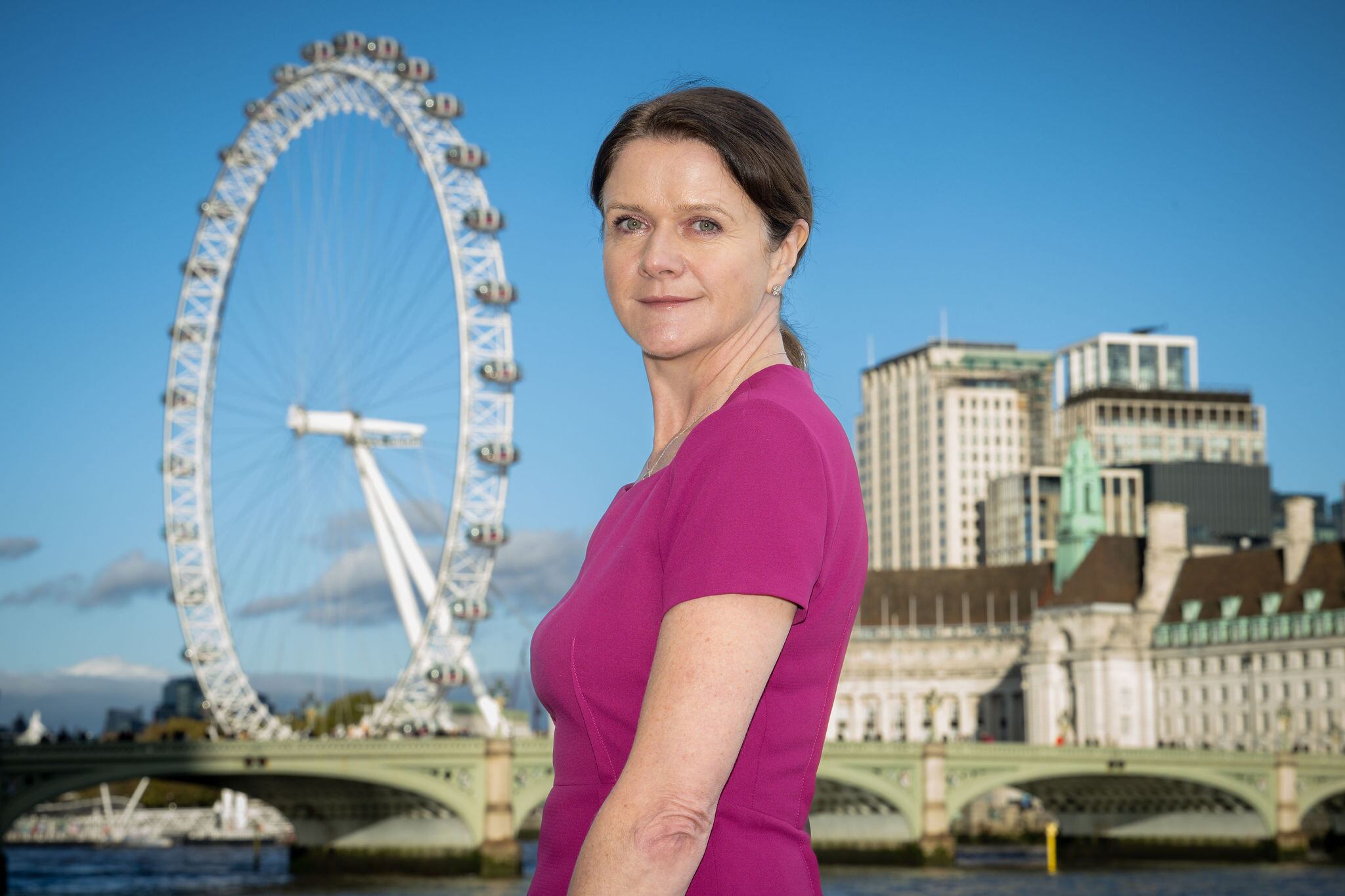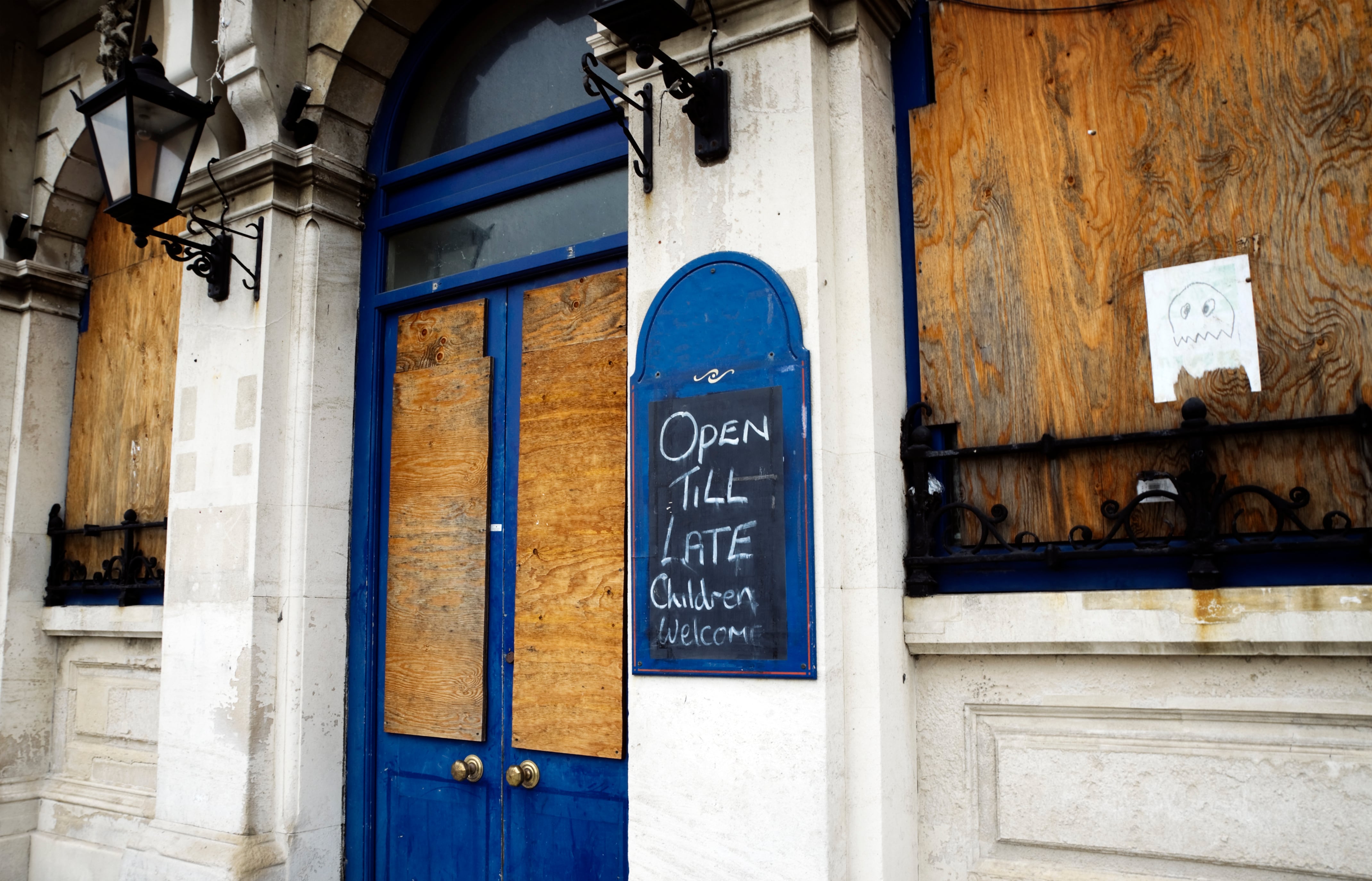In his keynote speech yesterday, (Monday 6 October), Shadow Chancellor Sir Mel Stride said his party would prioritise restoring “fiscal responsibility” through measures to reduce public spending and government borrowing.
He outlined plans to shrink the civil service to 2016 levels, cut welfare costs and limit green subsidies, while aiming to save £47bn over the next parliament.
Rebuilding economic stability
Stride argued that such such reforms were needed to “live within our means” and rebuild economic stability.
The Shadow Chancellor also pledged tighter financial discipline following the fallout from the 2022 mini-Budget, insisting the Conservatives would "never, ever make fiscal commitments without spelling out exactly how they will be paid for”.
Responding to the speech, UKHospitality chair Kate Nicholls said the focus on economic responsibility must also extend to “backing high-street businesses and reforming outdated taxation systems”.
“The business rates system is completely broken, with hospitality paying billions more than its fair share for decades,” Nicholls said.
Driving growth
“This is welcome recognition from the Shadow Chancellor of the need to reform the business rates system, as well as the need to prioritise and back our high streets to drive growth, attract investment and support our communities.
“Reducing the tax burden on hospitality is urgent, and that needs to start at the Budget with the maximum possible business rates discount applied to all hospitality properties under £500,000 rateable value.
“This maximum discount should be implemented alongside a commitment that no hospitality property above £500,000 rateable value pays more in rates.
“Hospitality businesses are being taxed out, with 84,000 job losses since the cost increases in the last Budget. The November Budget needs to lower business rates, fix NICs and cut VAT.”




